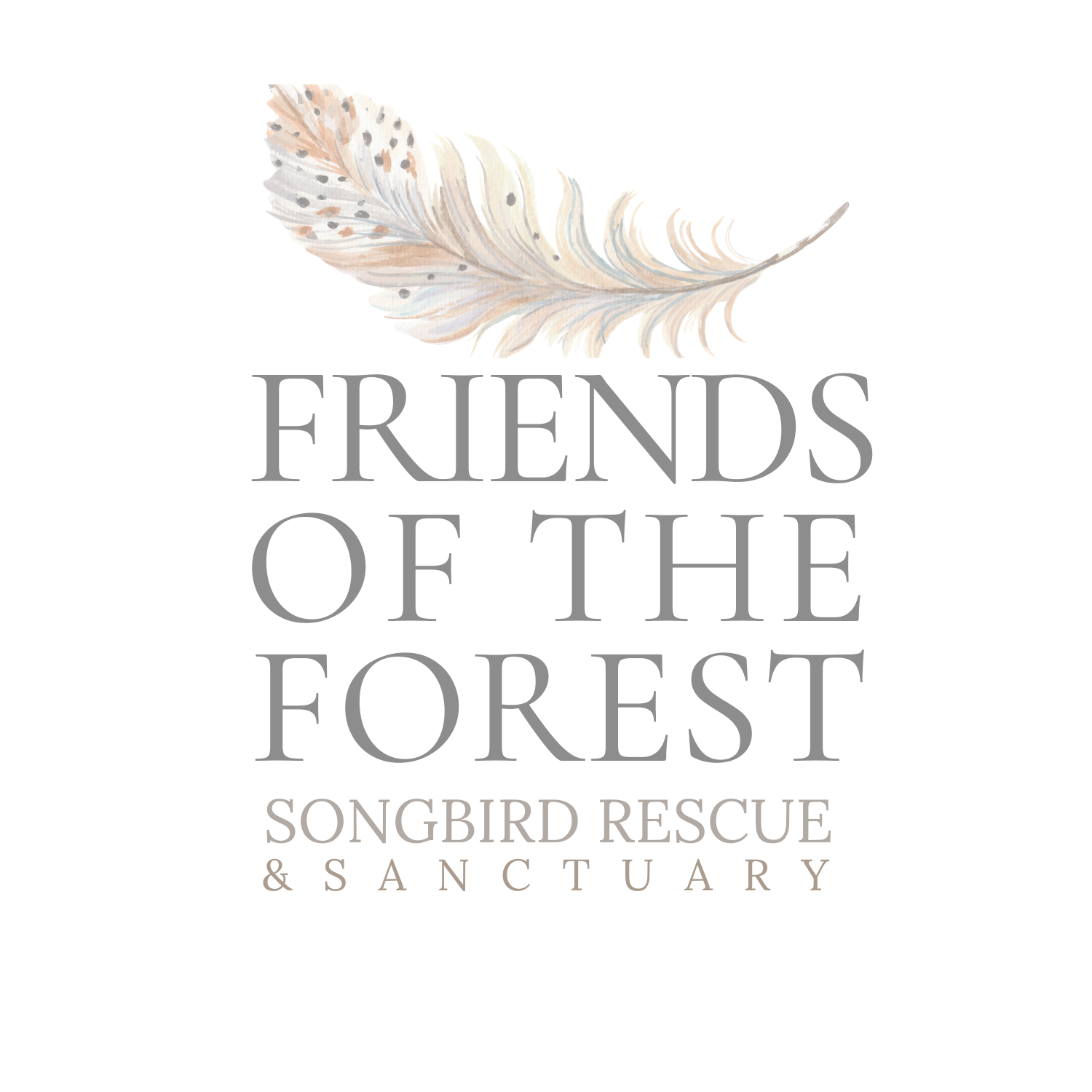
Northern Cardinal
Cardinalis cardinalis
Usually seen in pairs or small groups near dense cover, especially thickets near forest edges. Frequently visits bird feeders. Listen for high-pitched metallic chips and series of loud, sweet whistles.
You Found a Bird, Now What?
FIRST
Don’t Google!
If you find a baby bird or an adult bird please don’t Google how to care for that bird. Baby birds develop very rapidly and even one or two days of poor nutrition can have devastating effects on them. Birds have very specific needs and diets. Licensed rehabilitators have special training and knowledge to work with wildlife.
How To Help an Injured Bird You Found
If you have found a bird in need of assistance and/or medical attention, take a moment and read through this page to determine the best plan of action to help the bird. For the bird to have the best chance of recovery and release, contact a wildlife rehabilitator right away and transport the songbird there immediately.
WAIT!
Don’t Touch That Bird!
PLEASE read our “I found a baby bird” BEFORE you do anything! A healthy fledgling who is being fed by his parents does not need to be “rescued.” We know it’s hard not to help a small, helpless bird outside of its nest. But you may be doing more harm than good. If the bird is hopping about, it’s likely to be a fledgling, being fed and watched over by nearby parents until it has learned to fly.
FAQS
What do I do if I find an injured bird? (i.e. can’t fly, shaking, not moving, missing feathers, etc.)
First, visit this page to find out what to do. Contact your nearest Wildlife Rehabilitator. A list of Connecticut's Licensed Wildlife Rehabilitators who specialize in birds can be found here.
What do I do if I find an injured hawk or owl?
A young hawk or owl found on the ground may not be orphaned. Do not take it to a rehabilitator unless the parents have not been seen for more than 24 hours. Hawks and owls are capable of inflicting a very nasty wound with their sharp talons or in some cases their beak. Do not try to handle one of these birds unless you are wearing heavy gloves and/or have help from someone with experience.
Please call a Connecticut Licensed Wildlife Rehabilitator who specializes in birds of prey. A list of these rehabilitators can be found here.
What do I do if I find a baby bird?
Please visit this page to find out what to do.
What should I do if a bird is trapped in my house?
Turn off all the lights. Open up a door to the outside that is bright. Help guide the bird toward the light. If the bird is caught in a place you cannot get to and it cannot fly, please call us at (860) 853-0212.
A bird hit my window and I think it may be injured, what do I do?
When a bird hits a window, swelling in the brain may temporarily incapacitate it. In some cases, it will recover on its own. If there are cats or other predators nearby, place the bird in an enclosed box or under a colander to keep it safe. Handle the bird as little as possible and do not attempt to give it food or water. As the swelling subsides and the bird becomes more active, you may release it. If the bird doesn’t recover, you’ll need to enlist the help of a wildlife rehabilitator.




